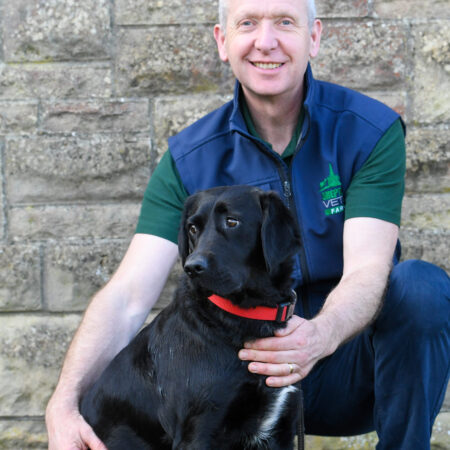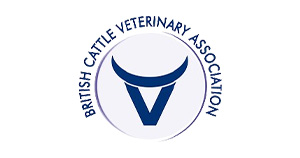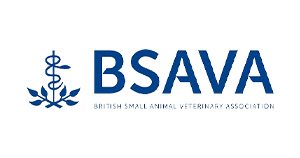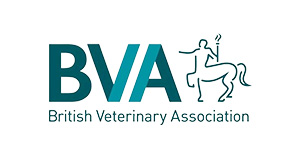Help Your Dog Through Fireworks! Consultation & First Aid Tips
Published on: Oct 23, 2016
As the nights draw in, we look forward to the autumn fun of events like Halloween and Bonfire Night. Early evenings are perfect for these occasions but can be a nightmare for our dogs.
Our Behaviour Nurse Emma is keen to help if you are worried about your dog at this time of year. There are many products and training methods available and Emma is well placed to offer knowledgeable advice, and work with you to find the right solution for your dog.
Throughout October we are offering a “First Aid for Fireworks” consultation for just £25
A discussion about how dog’s learn
A tailor made plan of action, specific to your dog
A FREE Sounds Scary desensitisation CD
Safety First!
Make sure your pet is microchipped (and that your details are up to date), in case they escape, take fright and bolt. By law, your dog should also wear a collar and ID tag at all times. Keep pets inside over night and lock the cat flap.
Tire them out
Taking your dog for a good walk and/or playing boisterous games during daylight hours will ensure they are ready to settle down by nightfall.
Give your dog a good meal before nightfall to give a contented full tummy.
Provide a den
Animals generally feel more secure in small spaces. If you cover the “den” it may help to muffle the noise, as does closing curtains and keeping the TV on.
Use of Adaptyl and Feliway
These are calming pheromone products that help to reduce anxiety. Ask Emma about them and how they can help.
Just act normal!
Although we do need to comfort our pets when they are fearful, it is important not to inadvertently encourage attention seeking behaviour. The best time to praise them is when they are being calm and relaxed.
Finally, some pets simply cannot cope and may need medication – Emma can advise on this.
In the long term, Emma always recommends a desensitisation programme, starting several months in advance. Done correctly this normalises the scary sounds for your pets and means they don’t react to the real thing.
On the night Preparation / Before it gets dark
Walk your dog earlier in the day before the fireworks are likely to start.
Once all of your pets are inside, make sure all windows, doors and cat flaps are securely closed. This will reduce the chances of your pets bolting/running off.
Provide extra litter trays for cats if they are not used to being confined to the house and ensure they are toilet trained in advance.
?During the displays
Always keep cats and dogs inside the house when fireworks are being let off. Do not take your dog to a fireworks display!
Pull the curtains and switch on the TV or radio to dull the noise from the fireworks.
Try not to leave your pets by themselves while fireworks are going off. Pets will be more relaxed when they have familiar faces around.
Don’t force your pets to come to you, especially if they are in their hiding place or den.
Don’t react to the fireworks yourself.
Play with a toy and see if your pet wants to join in, but don’t force them.
Ignore unusual behaviour, such as panting, shaking or whining, unless they come to you first for reassurance. Give them affection, but no more than usual. Pets often pick up on their owner’s worry and overcompensating could make things worse.
Provide distractions, for example new toys or treats.
DO NOT punish or get angry with your pet! This will only make them more uneasy. Short Term Management Once this high risk time has passed it’s a good time to consider how you can best manage your pet’s situation long term to make it less frightening next time.
It’s worth being aware that if left unmanaged these behaviours can get worse over time, resulting in increasingly uncontrolled behaviour. It can also have the effect of worsening their response to other unexpected loud noises such as door slamming or thunder. Sound Desensitisation One of the most common methods is using a “sound desensitisation” programme. There have been studies that have shown this to be effective for dogs and cats. The training is similar to programmes that police dogs and horses go through before being put into public work situations. They work by gradually exposing your pet to a tiny amount of sound and then increasing it slowly over time. It can be a long process, but it’s worth it in the end. There is a sound desensitisation programme available on the Zylkène website. This programme includes clear written and verbal instructions, plus a practice track to help get you started and use the programme effectively.

scared dog fireworks | dog scared of fireworks | dog fireworks anxiety | desensitization for dog fireworks | firework safety for dogs | Shepton and Wells Vets | first aid for dogs fireworks | Emma – Behaviour Nurse
Caring for your pet as we do our own

At Shepton and Wells Vets, we understand what your pets mean to you, and so our Pets team aim to care for each and every one of them as we would do our own.
We care about your pet
Our primary focus is keeping them fit, happy and healthy with comprehensive and effective preventative healthcare, advice and treatment.
We care about you
We aim to communicate clearly and honestly with you, and discuss different treatment options so that you can make the right informed choices for you and your pet.
We care about clinical excellence
We take pride in providing a high level of medical and surgical care, working together as a team to do the very best we can for your pet.











